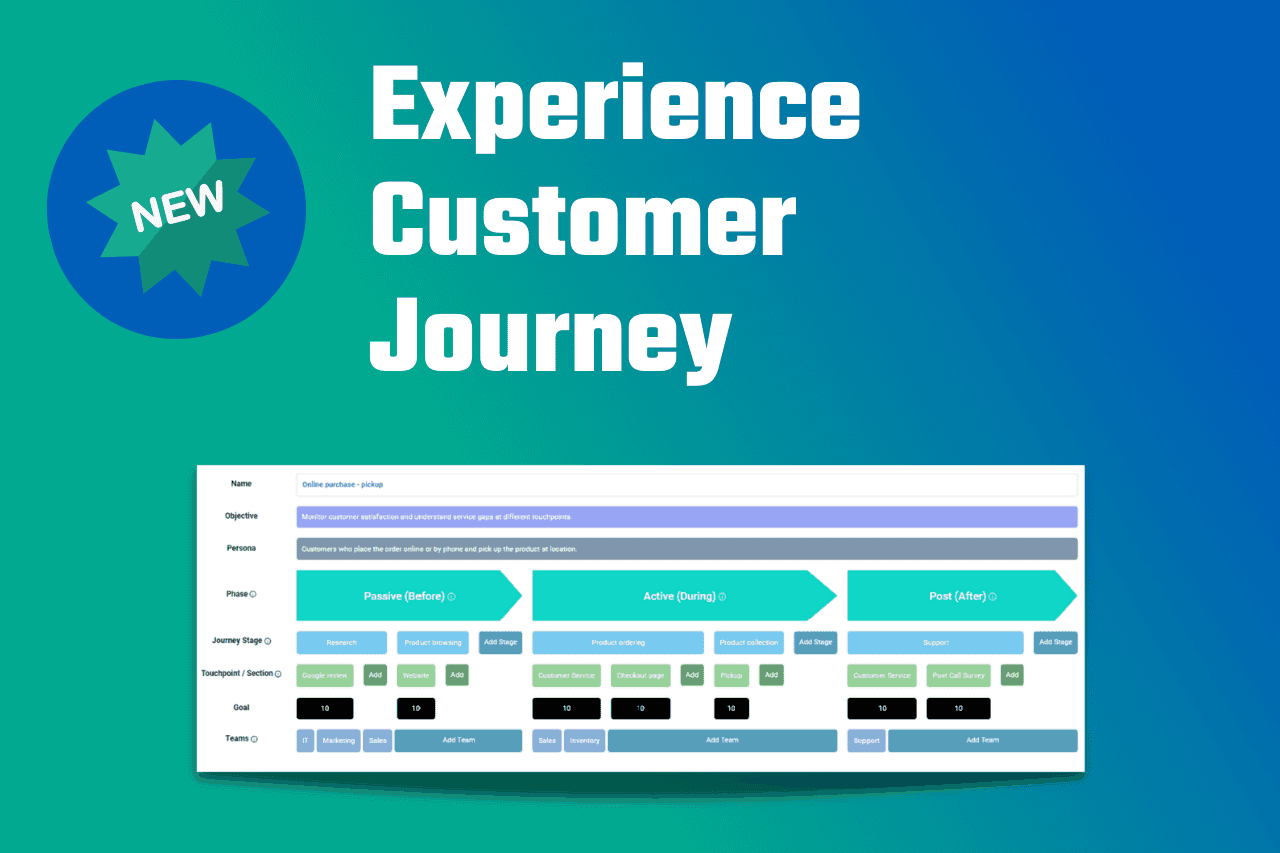
The Importance of Patient Experience in Healthcare
Patient experience is a critical aspect of healthcare that has gained increased attention in recent years. It refers to the sum total of all interactions, physical and emotional, that a patient has with the healthcare system, including interactions with providers, staff, and the healthcare facility itself.
The significance of the patient's experience might be understood in a number of different ways. Firstly, it has a direct impact on the quality of care that a patient receives. Patients who have positive experiences have a higher likelihood of adhering to treatment plans, reporting higher levels of satisfaction with their care, and having better results. This may result in better health outcomes, lower overall costs, and enhanced patient loyalty.
Secondly, patient experience plays a key role in shaping public perceptions of healthcare. Patients are increasingly turning to online reviews and social media to share their experiences with others, and this has the potential to have a substantial effect on the reputation of the healthcare organisation that they are associated with. A positive patient experience can lead to increased patient referrals, while a negative experience can lead to decreased patient volume and financial losses.
Thirdly, patient experience is becoming an increasingly important factor in healthcare reimbursement. Many payers, including Medicare and Medicaid, are now using patient experience measures as a way to determine reimbursement rates. This means that healthcare organizations that prioritize patient experience can see financial benefits.
So, what can healthcare organizations do to improve patient experience? One key strategy is to involve patients in their own care. This entails not only incorporating patients in the formulation of their respective treatment strategies but also providing them with the knowledge and resources necessary to enable them to make educated choices regarding their health. In addition to this, it entails providing patients with access to their own health information and enabling patients to communicate with their providers through secure online portals.
Another important strategy is to focus on communication and coordination. This necessitates collaboration between practitioners to ensure each patient receives high-quality, individualised care. This can be accomplished by assembling multidisciplinary care teams and making extensive use of electronic health records and other forms of health information technology.
Another critical strategy is to provide an environment that is both physically and emotionally comfortable for patients. his indicates that healthcare facilities have to be created with the comfort and safety of patients in mind, and that staff ought to be taught to deliver care that is empathetic and respectful. It also means attending to the patients' psychological requirements and offering support whenever it is called for.
Finally, healthcare organizations should also focus on continuously measuring and improving patient experience. This requires conducting patient satisfaction surveys on a regular basis in order to collect input and utilising the results of these surveys to identify areas in which improvements are needed. It also means involving patients in the design and implementation of quality improvement initiatives.
The Press'nXPress Healthcare Solution is an automated feedback software specifically designed and introduced for brick-and-mortar businesses. The solution will be a remarkable step for healthcare organizations, from in-facility to digital channels, to improve their patients' experience at every touchpoint. It follows patient journeys from start to end with rich experiences into the critical drivers of loyalty and patient retention. The Press'nXPress Feedback Kiosks are one of the unique ways to measure and monitor patient experience when visiting healthcare facilities.
In conclusion, patient experience is a critical aspect of healthcare that can have a significant impact on the quality of care, public perceptions, and financial performance of healthcare organizations. By involving patients in their care, focusing on communication and coordination, providing a comfortable environment, and continuously measuring and improving patient experience, healthcare organizations can improve the overall quality of care they provide and build a better healthcare system for all.
Our mission at Press'nXPress is to help our clients improve customer satisfaction by continuously monitoring experiences. You can reach out to our experts to see how PXP Feedback Solution can benefit your business today! If you have questions or would like to learn more, get in touch. Reach out and talk to us.



